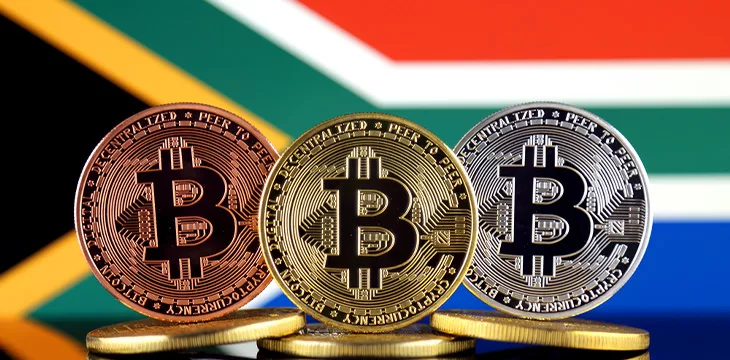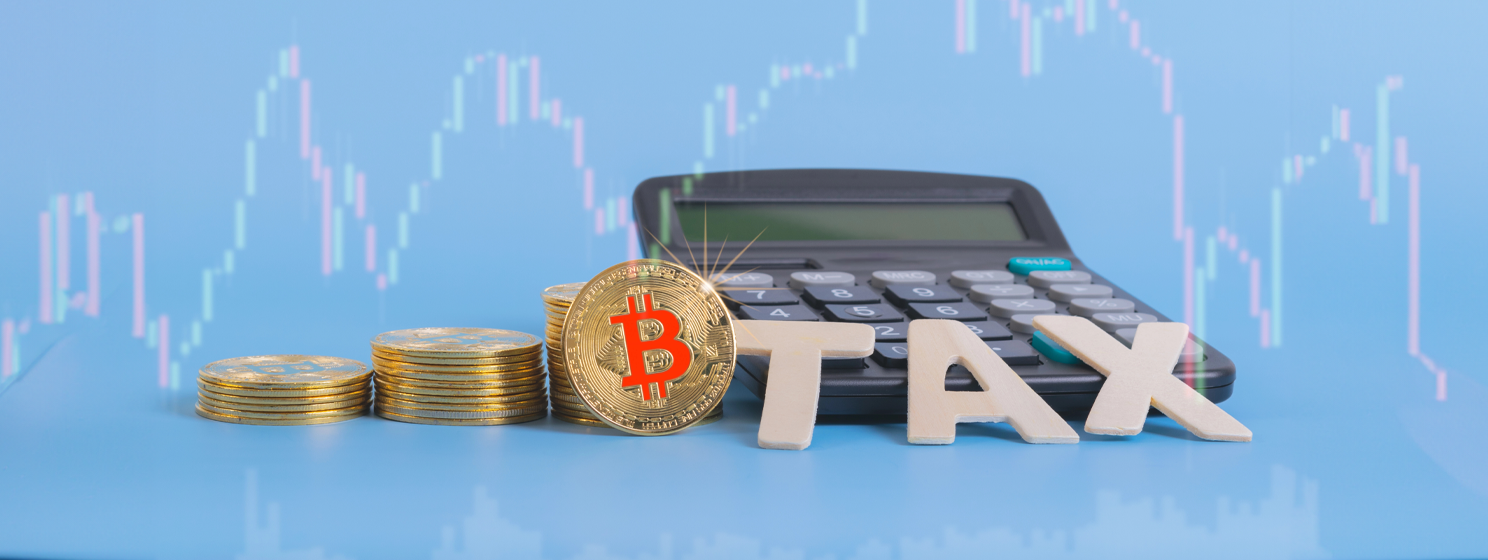|
Getting your Trinity Audio player ready...
|
South Africa is weighing issuing licenses to 36 virtual asset service providers (VASPs) later this month, the country’s financial watchdog has revealed.
Earlier this year, the Financial Services Conduct Authority (FSCA) revealed that it would require all VASPs in the country to obtain a license to continue offering digital asset services. Unlicensed VASPs had to submit a full application, while the licensed players were required to apply for a ‘crypto’-specific license.
The deadline was November 30, but companies that had applied could operate past this day as they awaited their licenses.
Last week, the FSCA revealed that by the November 30 deadline, it had received 128 applications. Thirty-five were submitted in November alone. Of the 93 the agency received before the end of October, nineteen were withdrawn by the VASPs.
The watchdog has completed assessments for 36 applications and will discuss and present the findings on December 12. It will give the remaining batch on February 13 and the rest on March 12.
In its evaluation, the watchdog considered factors such as the kind of services the applicants provide and whether they offer support services, including custody and payment rails. Data protection procedures, handling conflicts of interest, KYC onboarding, credit counterpart risk management, and customer service were also considered.
The FSCA had also involved other regulators in weighing the applications. The central bank’s financial surveillance department and the Payments Association of South Africa, a self-regulatory body, assisted in conducting due diligence.
The authority also published a study on South Africa’s digital asset market. Of the 47 firms involved in the study, trading platforms were the most common at 49%, with advice and custodial services coming in next.
Half the VASPs generated 1-50 million rand ($53,000 to $2.7 million) annually, with Cape Town housing 46% of the firms, ahead of Johannesburg at 33%.
The busiest month for South African VASPs was November 2022, when they facilitated $424 million in trading volume. This was the month that FTX collapsed and digital assets tumbled to yearly lows.
South Africa continues to explore the best way to regulate the digital asset industry, being one of the continent’s largest players. In November, it joined the U.S., the U.K., Germany, and 44 other countries in pledging to adopt a new global digital asset taxation standard.
The country has been home to the continent’s largest digital asset scams. Africrypt holds the record after scamming over $3.6 billion from investors in 2021, while Mirror Trading International faces a $1.7 billion Commodity Futures Trading Commission (CFTC) fine for scamming 23,000 U.S. investors.
Watch: The future of exchanges & trading in a tokenized world

 03-05-2026
03-05-2026 




